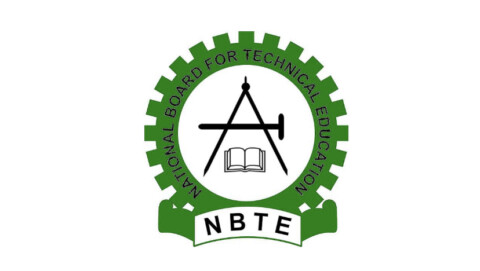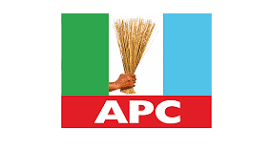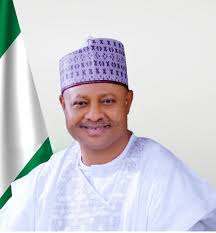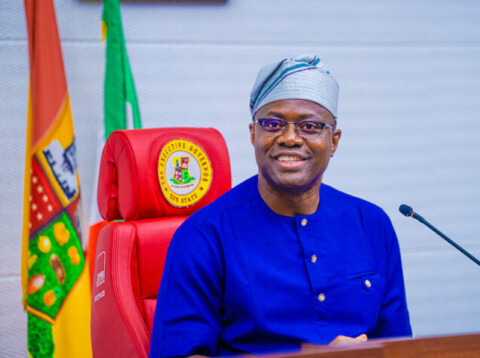The Federal Ministry of Education has launched two significant knowledge products aimed at advancing inclusive, equitable, and quality education for girls across Nigeria.
At a one-day dissemination session on Strengthening Girls’ Education in Nigeria held Wednesday in Abuja, the Minister of State for Education, Prof. Suwaiba Ahmad, said the reports would serve as critical tools for guiding policy reforms and targeted investments.
The two newly unveiled reports are titled State of Girl-Child Education in Ten States of Nigeria and Analysis of State-Level Financing of Girl-Child Education in Nigeria.
Prof. Ahmad also announced plans for a new initiative focused on returning more out-of-school girls to classrooms, highlighting the urgency of transforming data and insights into concrete action.
“These two knowledge products are strategic investments and tools designed to help us collectively,” she said. “They will help us understand where we are, what we must change, and how we must act to ensure every Nigerian girl can access, remain in, and thrive through education.”
She explained that the Girls’ Education Performance Assessment provides a comprehensive review of progress at both federal and state levels, spotlighting successful policies that have boosted enrolment, retention, and learning outcomes through community engagement and donor support.
Additionally, the Girls’ Education Financing in Nigeria report examines how public and private resources are allocated, disbursed, and utilised for girls’ education.
“It is imperative that we move towards gender-responsive budgeting, efficient resource utilisation, and stronger coordination between federal, state, and local governments,” Ahmad stressed.
The minister urged stakeholders to ensure that the reports “do not die by dust on shelves but are transformed into effective policies, budgets, and partnerships that drive meaningful change.”
Speaking virtually, Nabila Aguele, Chief Executive of the Malala Fund, reaffirmed the organisation’s commitment to supporting Nigeria’s education sector. She called on policymakers to convert the evidence from the reports into tangible reforms.
“Today’s event marks a significant step forward in our collective effort to advance girls’ education in Nigeria,” Aguele said. “The knowledge products being shared are not just reports. They are tools for action, giving us the evidence we need to make more informed, equitable, and impactful decisions for Nigeria’s girls—and ultimately for all of us.”
Presenting highlights from the State of Girl-Child Education in Ten States report, Mr. Sunkanmi Adefadoju, Monitoring and Evaluation Consultant at System Strategy and Policy Lab (SSPL), emphasised the urgent need to improve infrastructure and ensure the safety of girls in schools.
Adefadoju revealed stark disparities in education budget allocations among the ten states studied.
“Jigawa allocates 32 per cent of its budget to education, Kano 31 per cent, and Kaduna 26 per cent, demonstrating strong commitment,” he said. “Conversely, Akwa Ibom spends only 6 per cent, Sokoto 8 per cent, and Gombe 9.8 per cent, with minimal dedicated funding for girls’ education.”
He noted the absence of dedicated budget lines for girls’ education in many states, which hampers consistent interventions.
“For example, Borno supports girls with incentives in all junior secondary schools and offers cash transfers in 90 per cent of cases. However, Sokoto and Jigawa have no targeted programmes. Akwa Ibom spends just 6 per cent on education without any specific allocation for girls, revealing a gap between policy and action,” he explained.
Adefadoju recommended scaling up incentives and cash transfers through institutionalised scholarships and school feeding programmes, along with strengthening budgets and emergency preparedness.
The event gathered Commissioners for Education from the ten states covered in the reports, representatives from the Malala Fund, UNESCO, civil society organisations, and other key stakeholders.





